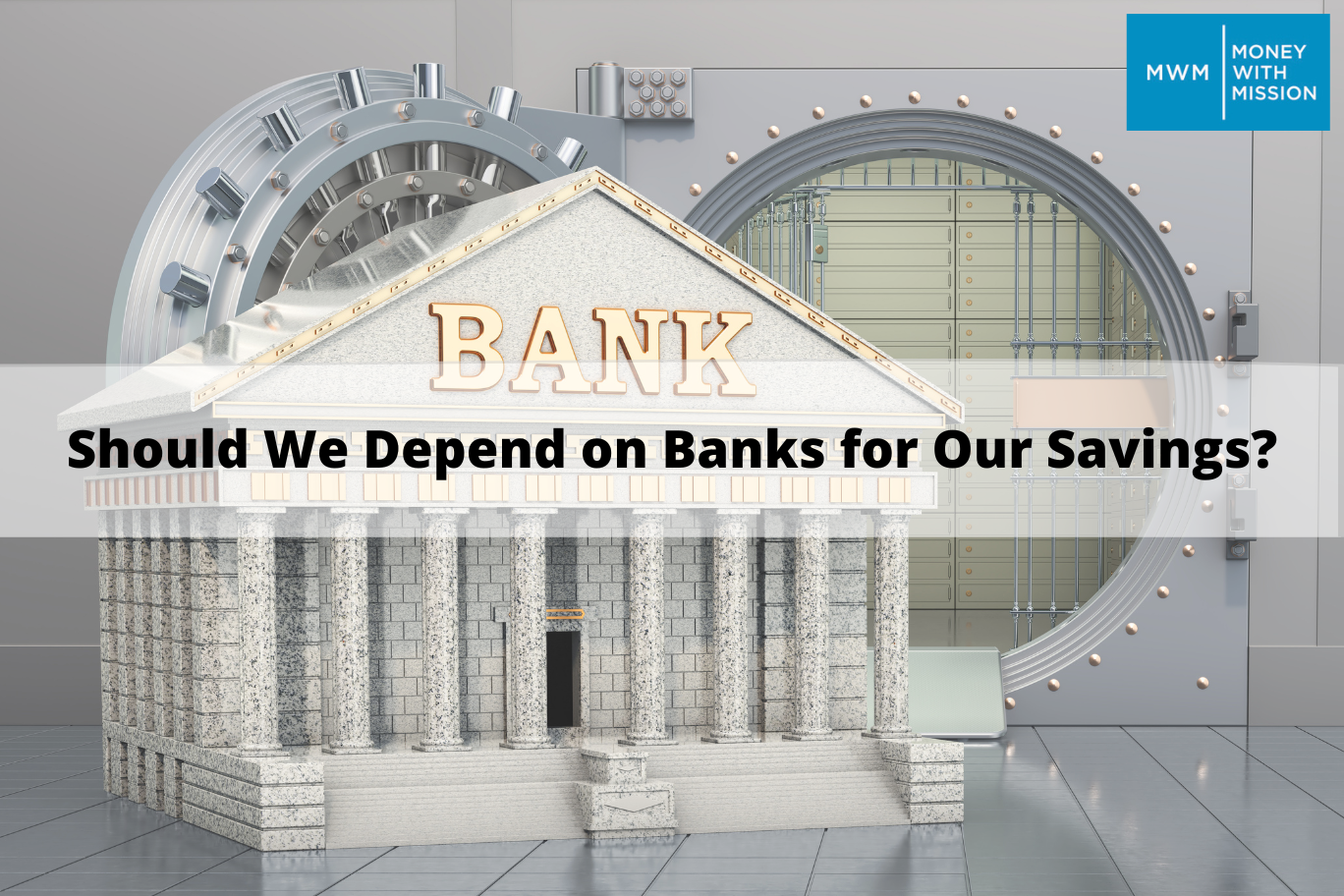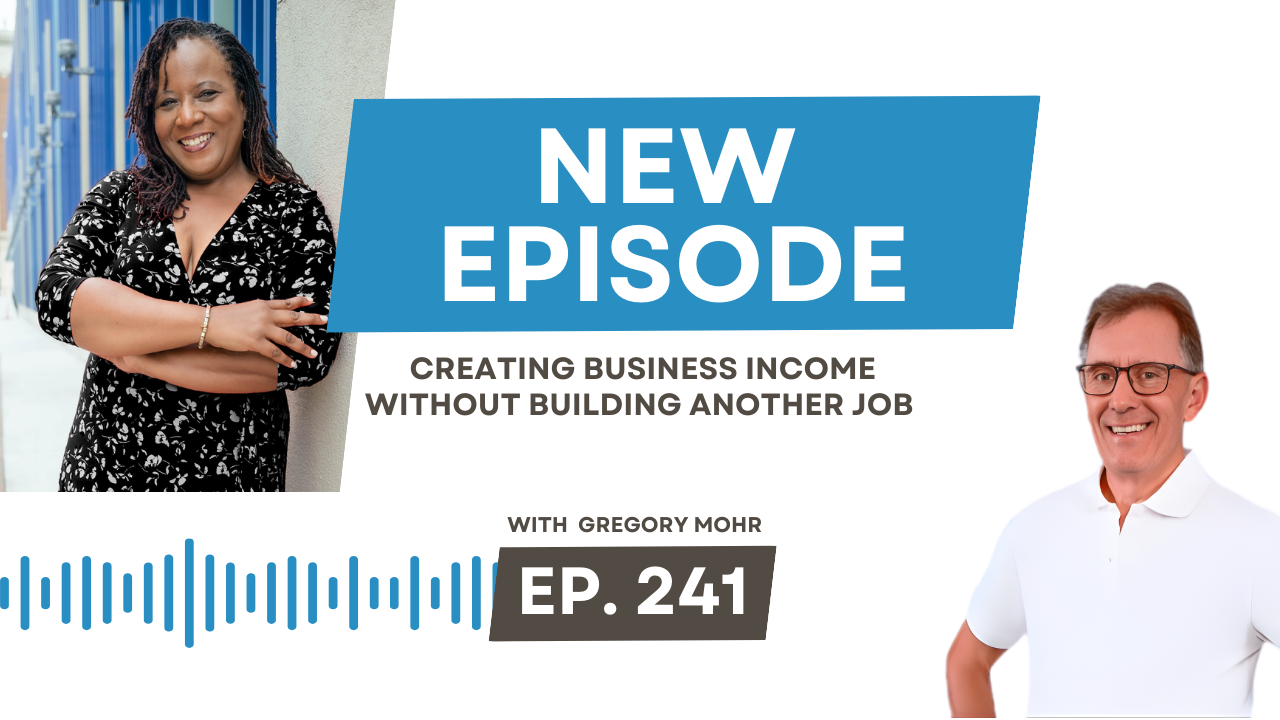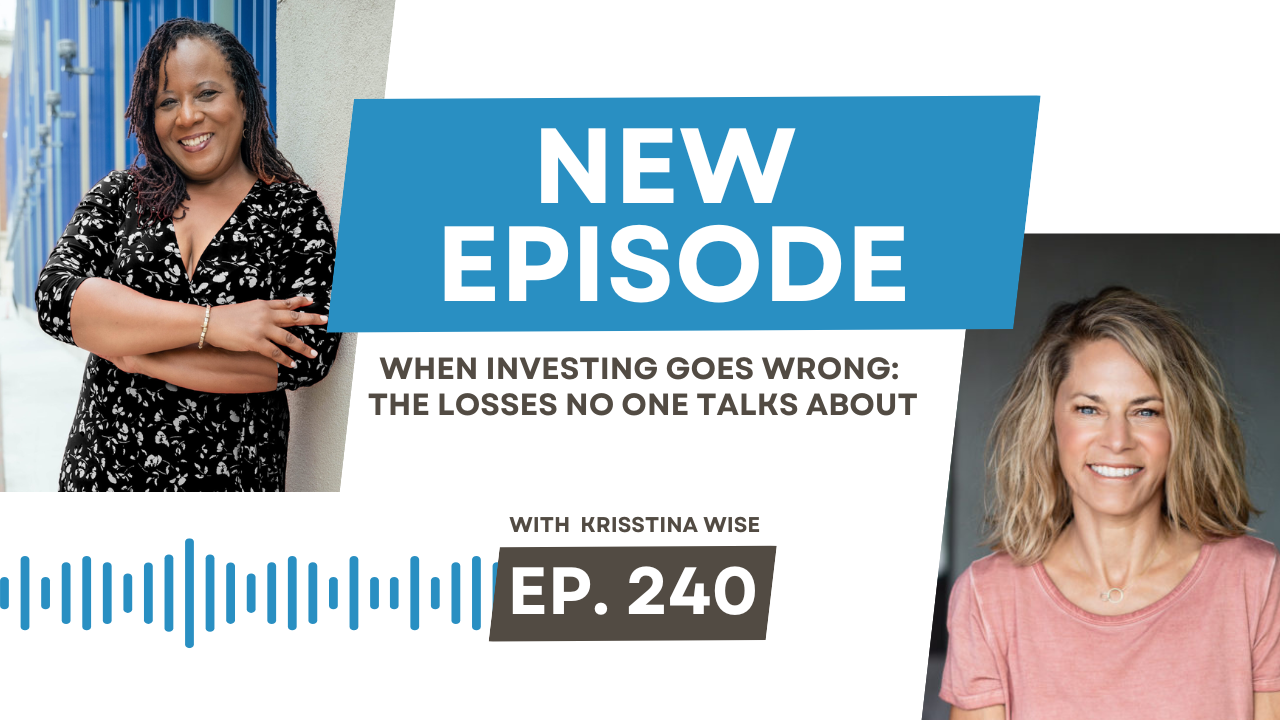[vc_row][vc_column][vc_column_text]
|
|
|
|
|
|
|
|
|
|
|
[/vc_column_text][/vc_column][/vc_row]

[vc_row][vc_column][vc_column_text]
|
|
|
|
|
|
|
|
|
|
|
[/vc_column_text][/vc_column][/vc_row]

What if building wealth didn’t mean creating another job for yourself, but instead designing a system that works without you? In this episode, Dr. Felecia Froe sits down with franchise expert Gregory K. Mohr to unpack the realities of franchising as a wealth-building and lifestyle strategy. From Gregory’s early lessons about money and service to a clear breakdown of how franchises actually work, this conversation demystifies one of the most misunderstood paths to business ownership.

The Mindset Shift We All Need About Money Hey friend, Let’s be real. How often do you find yourself thinking, “If I just made a little more, things would feel easier”? I used to feel that way too. I was doing all the “right” things, saving, investing, paying down debt, but still feeling stuck

In this deeply honest and reflective conversation, Dr. Felecia Froe welcomes back Krisstina Wise for a very different kind of discussion from their previous appearance. Instead of focusing on wins and strategies, they explore the realities most people avoid, including loss, intuition, risk, shame, resilience, and what it actually takes to stay in the game long term. This episode is candid and unfiltered and includes occasional strong language as part of an authentic conversation about real-life experiences.